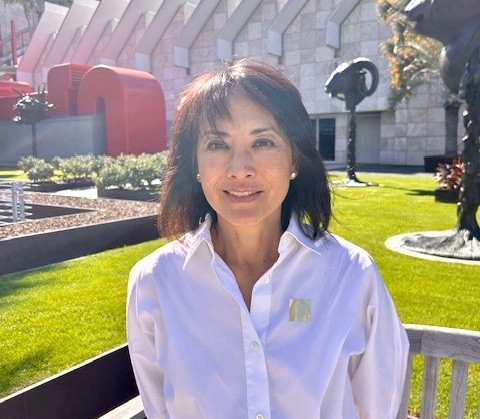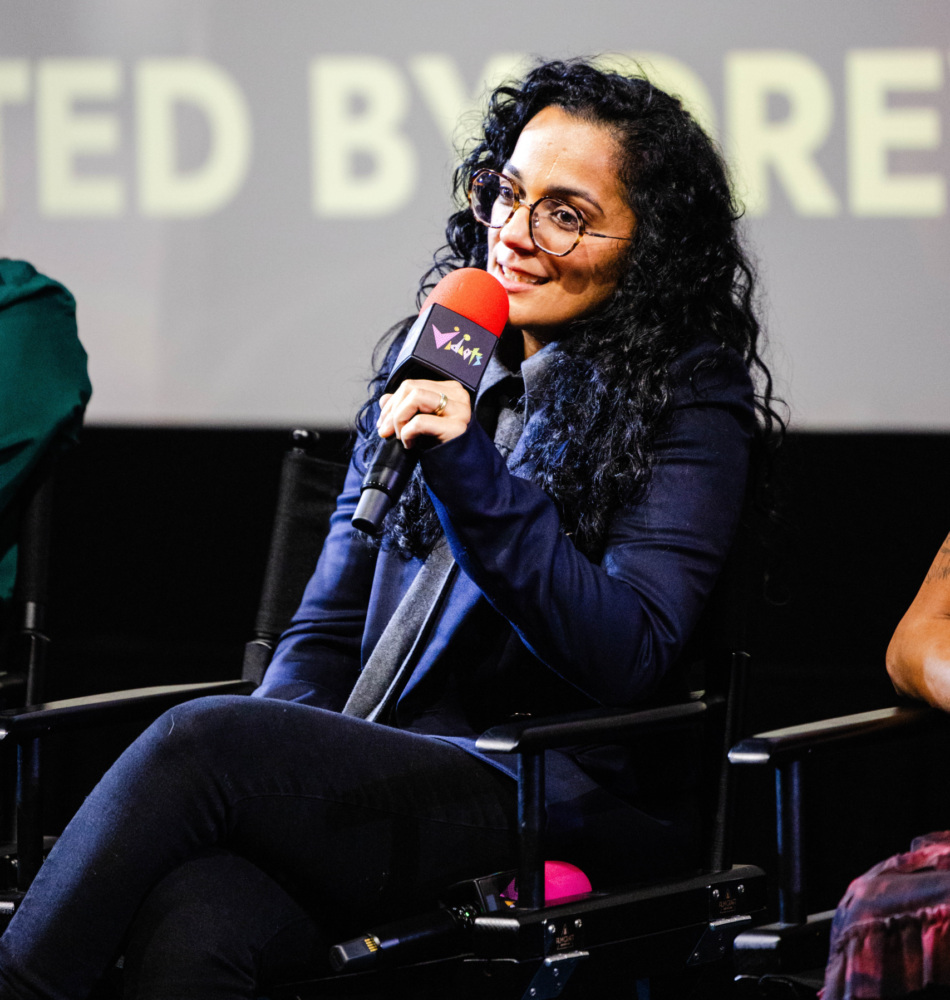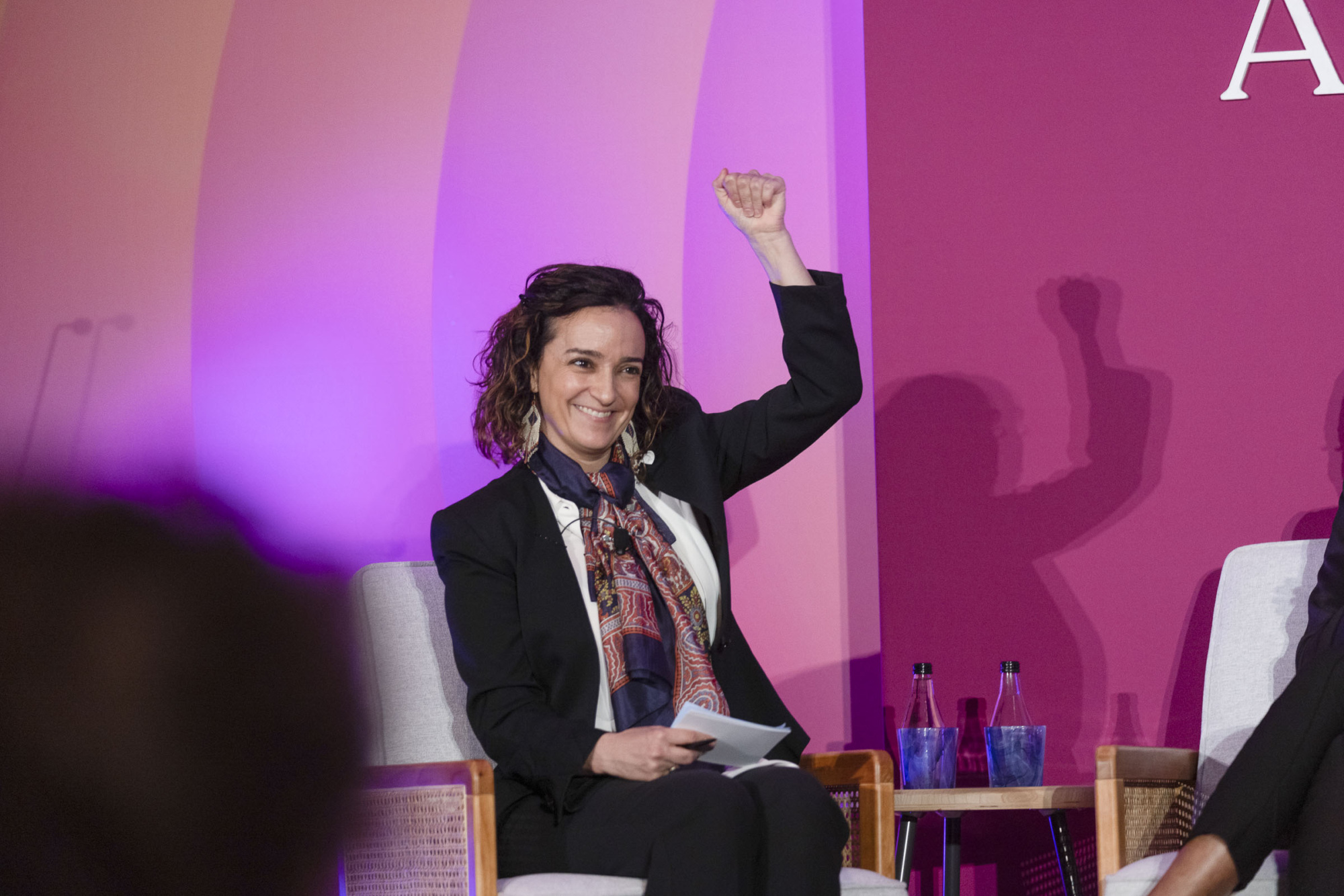Dana Lee | Las Vegas, NV
What is the most impactful investment you have made thus far through your gender lens philanthropic giving? Why did this gift resonate with you in particular?
I’ve been deeply involved in the Southern Nevada community for the last two decades, primarily through philanthropy and volunteer board service with education focused organizations, specifically for their power to change life trajectories. While I’m still involved in these efforts that are long term and foundational in nature, I started to become interested in programs that have more immediate impact. Two years ago, I read a New York Times article on Holly Fogle and her foundation’s commitment to direct cash transfers to moms, which was an “aha” moment and led me to join WMM. By being part of the WMM network, I’ve learned of funding opportunities such as joining Monika Parekh’s support of young filmmakers through the USC Annenberg Inclusion Initiative and Holly’s agency, Nido de Esperanza. However, I was still searching for Southern Nevada agencies to support meaningfully when I learned about the Jeremiah Program (JP), which was establishing a regional base in Las Vegas. JP’s mission is “to disrupt the cycle of poverty for single mothers and children, two generations at a time.” JP supports mothers to earn their college degrees while also providing essential services for their families. Since its founding in August of 2022, JP Las Vegas has grown to a cohort of 81 mothers and their children. I look forward to continuing my support of JP Las Vegas, helping them build capacity, and changing lives.
What is your process for identifying and supporting grantee partners who are aligned with your values and who you believe will move the needle on advancing gender equality?
There’s a duality to my support: there’s the bucket that’s focused on direct services to women and the other that supports the arts. For agencies that provide direct services, I start with recommendations from trusted friends and partners, some of whom come from the WMM network who are on the ground and working firsthand. I review financials to understand their support structure, stability, and leadership to ensure my investment is sustainable. Lastly, I conduct a search to look for past issues or controversies that would give me pause. But above all, I want to align with partners who have a proven track record of success.
What does it mean to you to be part of a community that shares your values and vision for a gender equal world? How do you apply the idea of community to your broader work?
Being part of WMM has introduced me to resources and partners who are inspirational and demonstrate how my investments can make the greatest impact for gender equity in our world. Eighteen years ago, I was part of a group that founded a member-driven, volunteer-run, women’s giving circle, the Nevada Women’s Philanthropy (NWP), that has invested millions in Southern Nevada to improve the lives of our community, especially women and children. I’m most proud of how NWP has developed leaders and philanthropists. There’s a level of confidence and growth that I’ve enjoyed seeing develop amongst NWP members. Becoming part of WMM has expanded my circle of women who care deeply about expanding women’s rights, equity, and leadership.
What opportunities do you see for impact in the wider philanthropic landscape and what advice would you give to others considering a bold investment in women and girls?
I’m learning about social impact investing and the promise of regenerative returns through organizations like Social Finance to invest in large scale problem solving. I plan to invest in groups and organizations that have a long-term playbook that can scale to additional geographies or adjacent services. There are enough organizations that have done the research and created the strategy to effectuate permanent change for a gender equal world, but we need committed people on the ground to see what’s most effective. With the U.S. elections upon us, I’ll renew my support of female candidates and am proud to say that our current federal delegation in Nevada are primarily women. I’d advise someone to take their time finding their partners. This isn’t a race; we’re in for the long haul to create effective and lasting change.


